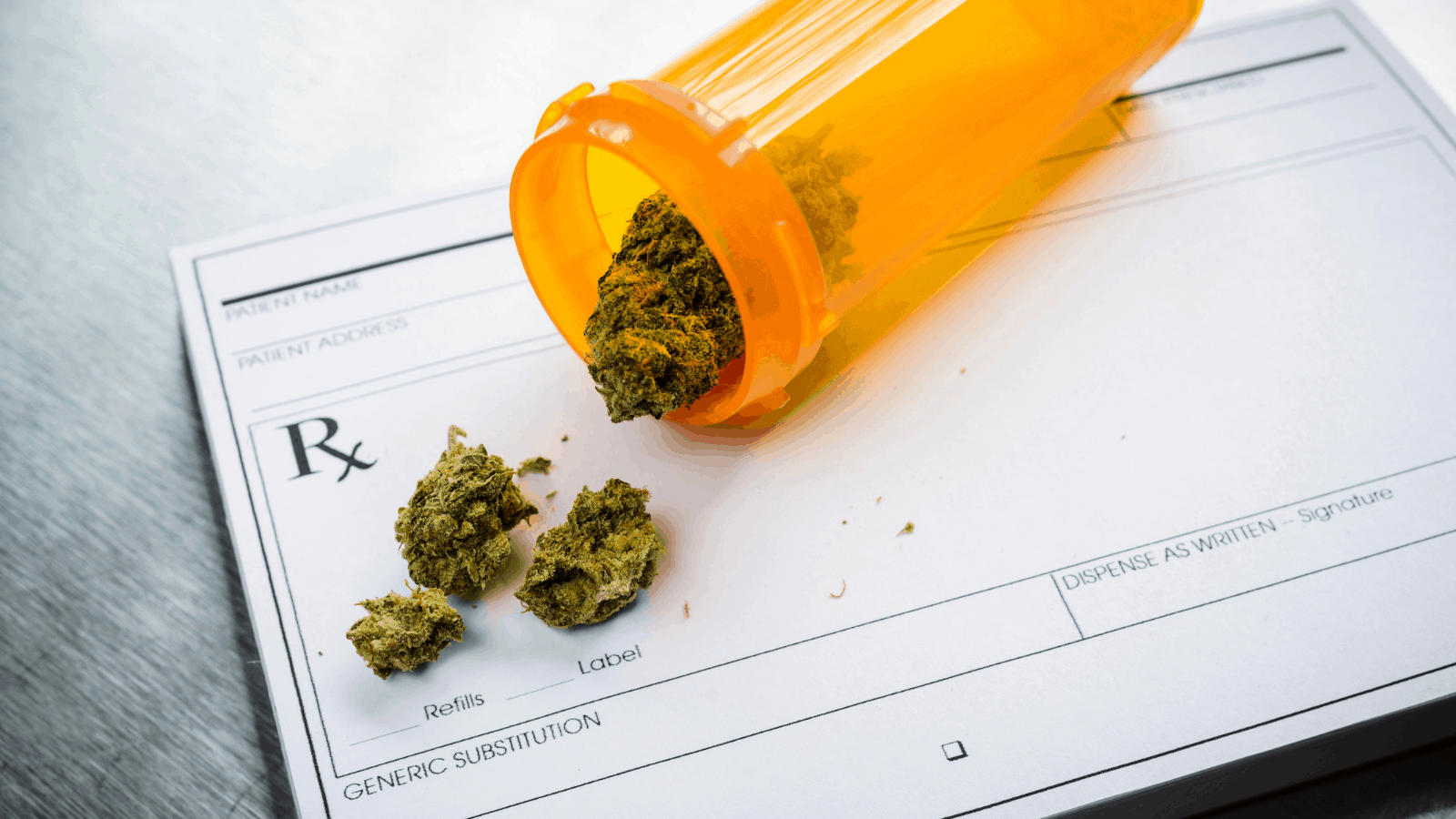

Medical marijuana was legalized in Pennsylvania relatively recently - April 2016. The rules and regulations surrounding the Act can be confusing and at times complicated, especially for employees.
It is no simple task to register for a Pennsylvania medical marijuana ID card. A patient must register with the state, meet with a specially trained and licensed Pennsylvania doctor, and purchase a Pennsylvania medical marijuana ID card. The patient or a designated caregiver is then able to purchase a limited one-month supply from a state-approved dispensary, the specific strain of which is determined by licensed medical professionals at the dispensary. Medicinal cannabis may be administered in a variety of forms, including vaporization, capsule, oil, or as a topical, however smoking is not a permitted usage.
Medical marijuana is strictly authorized for a specific and limited list of medical ailments and treatments, including PTSD, chronic pain, addiction substitute therapy, and opioid reduction. You are entitled to certain employee rights. It Is important to know your rights concerning independent medical needs and as workers’ compensation.
If you registered a card for medical marijuana before your employment, or after you are hired, you are lawfully protected from discrimination by employment laws. Pennsylvania’s Medical Marijuana Act (PMMA), passed in April 2016, provides registered medical marijuana patients with antidiscrimination protections and employee rights concerning hiring, firing, and retaliation. You cannot be discharged, threatened, or refused to be hired solely based on medical marijuana use. If you have faced workplace discrimination, case law in Pennsylvania permits you to file a lawsuit for both out-of-pocket damages and punitive damages.
While you cannot be discriminated against in the workplace for medical marijuana, you can be disciplined if you appear intoxicated while at work or if the drug’s influence negatively affects your performance. Even if you do not administer the drug while at work, depending on your job and its roles your employer could limit your job functions. The PMMA prohibits individuals from certain jobs and duties if they have more then 10 nanograms of THC per milligram in their system. Furthermore, jobs deemed life-threatening or a potential public health or safety risk, such as working with high-voltage electricity, government-controlled chemicals, and other public utilities, have a zero-tolerance policy concerning THC, regardless of whether it is used during personal or work time.
You are not required to disclose medical marijuana usage to your employer; however, it may be prudent to notify your them of your use ahead of time if:
Pennsylvania law does not prohibit employers from enquiring about medical marijuana use. The Commonwealth does not require employers to accommodate medical marijuana usage either. Use of medical marijuana while at work is up to the discretion of the employer.
Under the Medical Marijuana Act, use of medical marijuana is authorized for a specific and limited list of medical ailments and treatments including PTSD, ALS, Glaucoma, HIV/AIDS, Parkinson’s disease, epilepsy, severe chronic pain, addiction substitute therapy, and opioid addiction. Currently, marijuana laws in Pennsylvania explicitly state employers are not required to cover medical marijuana for workers’ compensation. This provision seems at odds with the Pennsylvania Workers’ Compensation Act which requires payment for all reasonable and necessary medical treatment for the worker’s injury. However, as a currently federally controlled substance in the same category as cocaine, LSD, and ecstasy, medical marijuana is not currently covered by either Medicare or Medicaid and thus will not be covered under the Pennsylvania Workers Compensation Act.
So far, judicial decisions hold that the employer (or carrier) is not obligated to pay for medical marijuana since purchase of it is still considered a Federal crime. Additionally, the medical marijuana legislation states that: “Nothing in this act shall be construed to require an insurer or a health plan, whether paid for by Commonwealth funds or private funds, to provide coverage for medical marijuana.”
The discrepancy and confusion between these two Acts is still being addressed today and has yet to be specifically determined and clarified by the highest courts in Pennsylvania. Any claim will need to establish the necessity of medical marijuana as a treatment for the workers’ injury, and the ruling can depend on the subjectivity and judicial sensibility of a judge. As a leading alternative treatment for opioid addiction, marijuana laws in Pennsylvania may also evolve in the coming years but as of now workers compensation judges are not obligating insurance carriers to pay.
If you or a loved one has questions regarding workers compensation and reasonable and necessary medical treatment in workers compensation matters, Dugan & Associates wants to talk with you. Contact us today online or by telephone at 412-353-3572 to speak with a knowledgeable Pennsylvania lawyer and learn more about your options. We fight for the check you deserve.
Disclaimer: Dugan & Associates does not handle Medical Marijuana Act cases or employment rights cases.
"*" indicates required fields